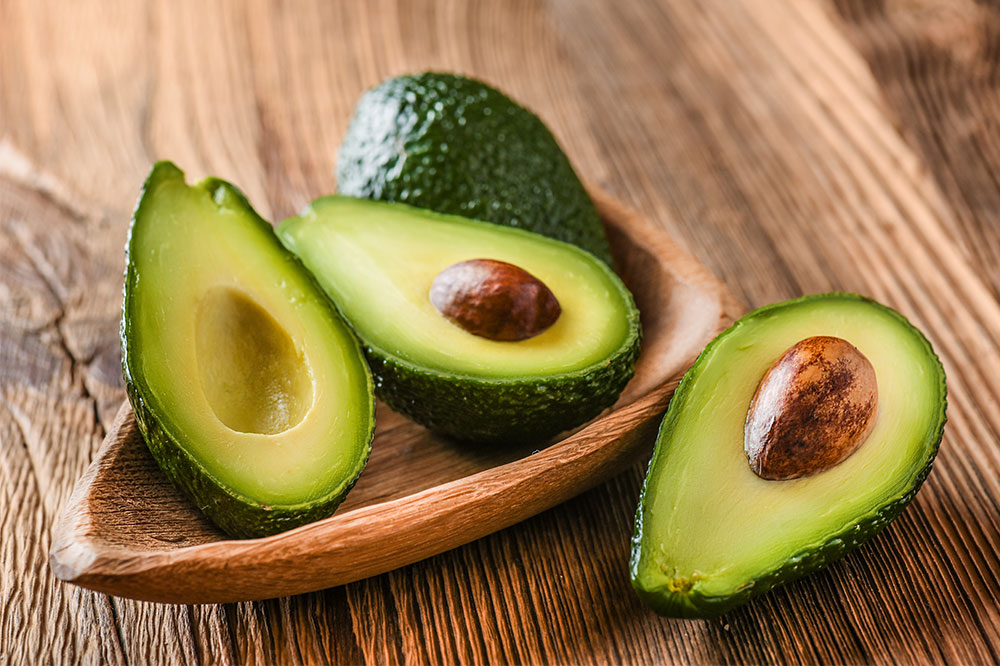Comprehensive Guide to Heart Health Through a Nutrient-Dense Balanced Diet
This comprehensive guide explores how a nutrient-dense, balanced diet can significantly enhance heart health. It discusses the importance of whole grains, vegetables, fruits, omega-3 sources, and proper hydration in maintaining cardiovascular wellness. Emphasizing dietary choices that lower cholesterol, reduce inflammation, and support overall heart function, this article provides actionable tips for building a heart-healthy eating plan. Combining proper nutrition with lifestyle adjustments can help prevent heart disease and extend lifespan, making it an essential resource for those seeking to improve their heart health naturally.

Comprehensive Guide to Heart Health Through a Nutrient-Dense Balanced Diet
Achieving optimal heart health depends heavily on not only maintaining an active lifestyle but also adhering to disciplined, nutritious eating habits. An essential aspect of this is consuming a well-rounded diet that is rich in vital nutrients, vitamins, minerals, and healthy fats. This guide delves into the various food groups and specific dietary practices that support cardiovascular health, prevent heart disease, and enhance overall well-being. Whether you are starting a new health routine or seeking ways to improve your current habits, understanding the significance of a balanced diet can make a profound difference.
Maintaining heart health involves a strategic approach to food choices. Incorporate a variety of nutrient-rich foods that deliver essential macro and micronutrients. These include carbohydrates, proteins, healthy fats, fiber, vitamins, and minerals—each playing a distinct yet interconnected role in cardiovascular wellness.
One of the foundational elements of a heart-healthy diet is the inclusion of whole grains. Whole wheat bread, brown rice, oats, barley, and whole grain pasta are excellent sources of dietary fiber and complex carbohydrates. These foods not only provide sustained energy but also help reduce bad cholesterol levels (LDL) and improve overall heart function. Fiber binds to cholesterol in the digestive system, facilitating its removal and thus lowering cardiovascular risk factors.
Consuming a colorful variety of vegetables is crucial. Leafy greens like spinach, kale, and Swiss chard are especially nutrient-dense, packed with potassium, magnesium, vitamins A, C, E, K, antioxidants, and fiber. Crucial nutrients like magnesium help regulate blood pressure, while antioxidants combat oxidative stress—a key contributor to heart disease.
Crucial to cardiovascular health are foods high in omega-3 fatty acids. Rich sources include fatty fish such as salmon, mackerel, sardines, herring, and cod liver oil. Plant-based sources like flaxseeds, chia seeds, walnuts, and pumpkin seeds are equally important. Omega-3s contribute to lowering triglyceride levels, reducing blood clotting, and decreasing inflammation, all of which are pivotal in preventing heart disease.
Fruits also play a vital role in maintaining a healthy heart. Apples, oranges, strawberries, blueberries, grapes, avocados, watermelons, pineapples, kiwis, and lemons are loaded with vitamins, minerals, dietary fiber, and a spectrum of antioxidants. These compounds help reduce blood pressure, decrease inflammation, and improve blood vessel function, fostering better cardiovascular health.
Legumes including beans, lentils, and peas are excellent sources of plant-based protein, fiber, antioxidants, and anti-inflammatory compounds. Varieties such as black beans, kidney beans, chickpeas, and green peas support healthy blood lipid profiles without adding saturated fats, thus contributing to overall heart health.
Proper hydration is often overlooked but is essential. Drinking plenty of water ensures effective blood circulation, helps manage blood pressure, and supports all bodily functions. Adequate hydration reduces the risk of clot formation and maintains the elasticity of blood vessels, further supporting cardiac health.
In addition to plant-based choices, incorporating low-fat dairy products, skinless poultry, lean meats, and egg whites provides high-quality protein needed for muscle maintenance and repair without excess saturated fats. These foods, integrated into a balanced diet, help reduce inflammation and improve lipid profiles.
Adhering to a balanced, heart-friendly diet involves more than just choosing the right foods; it requires mindful eating habits, portion control, and moderation. Combining these dietary practices with regular physical activity, stress management, and avoiding harmful habits like smoking and excessive alcohol consumption can lead to significant improvements in cardiovascular health. Ultimately, a well-planned nutrient-rich diet not only reduces the risk of cardiovascular diseases but also promotes longevity, vitality, and overall quality of life.





